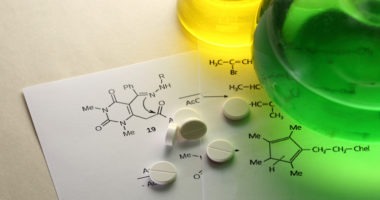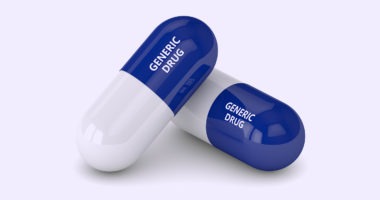Pharma Manufacturing: What Is Next?
An effective supply strategy is crucial for pharmaceutical companies, so what are the challenges that companies face? Managing risk, addressing shifts in product mix, and increasingly complex supply chains are some of the challenges.
The DCAT Week education program, Executive Insights: Manufacturing and Supply, gains insights from manufacturing and supply-chain executives to get their take on the issues driving decision-making on capacity, in-sourcing versus outsourcing, and technology.
Inside manufacturing networks and supply chains
For pharmaceutical companies, managing a manufacturing network to ensure the reliable, quality supply of product is of paramount importance. In its report, Pharma 2020: Supplying the Future , PwC projected change to pharmaceutical supply chains as the medicines the industry produces become more complex, pointing to biologics and personalized treatments, which are more difficult to manufacture and distribute than small molecules. The report highlighted three key dynamics for the pharmaceutical supply chains of the future: (1) pharmaceutical supply chains will face increased fragmentation to meet different models for different product types; (2) supply chains will increasingly become a means of market differentiation and a source of economic value; and (3) supply chains will become more bidirectional in information flow, with information flowing upstream to drive the downstream flow of products and services.
In navigating that change, pharmaceutical companies face a myriad of issues:
- Global manufacturing concerns, including risk mitigation;
- Capital allocation and make-versus-buy decisions;
- The changing product mix between small molecules and biologics;
- Meeting the return on investment for the supply of low-volume drugs; and
- Technology assessment and implementation, including for the supply of new modalities and new manufacturing processes, such as continuous manufacturing,
At the DCAT Week education program, Executive Insights: Manufacturing and Supply, pharmaceutical executives (see below) will provide their perspectives on these industry challenges and on the current and future direction of pharmaceutical manufacturing and biomanufacturing.
Speaking at the program will be Remo Colarusso, Vice President, Janssen Supply Chain, Johnson & Johnson, where he is responsible for the global manufacturing and supply management of all biopharmaceutical brands. He leads more than 10,000 employees working in 18 pharmaceutical, biologic, and chemical manufacturing sites globally. He has more than 30 years of biotech and pharmaceutical supply-chain experience in the areas of manufacturing, engineering, project management, strategy, and Lean/Six Sigma. He has been with Johnson & Johnson for 29 years and prior to his current role, was most recently Vice President, Manufacturing and Technical Operations (MTO) in the Janssen Supply Chain (JSC), responsible for oversight of the company’s “MAKE” processes, where he ensured the safety, quality, and reliability of supply across the internal and external network and commercialized supply of the Janssen pipeline.
Also speaking at the program will be Joanne Beck, PhD, Executive Vice President, Global Pharmaceutical Development and Operations, Celgene where she oversees the company’s Pharmaceutical Development, Manufacturing Operations and Supply Chain, Engineering, and Quality. Celgene develops and manufactures products on multiple technology platforms, including small molecules, biologics, and chimeric antigen receptor (CAR) T-cell therapies.
Andrew D. Skibo, Head of Global Biologics Operations, AstraZeneca, also speaking at the program, has more than 40 years of experience in international pharmaceutical work in both small molecule and biologics, including 35 years specifically in biologics. He has related experience with both operating companies (Amgen, Genentech, and Monsanto) and large international engineering and construction firms specializing in this business (Foster Wheeler, Life Sciences International, Fluor).
Patricia N. Hurter, PhD, Senior Vice President, Pharmaceutical & Preclinical Sciences, Vertex Pharmaceuticals, also speaking at the program, has contributed to four breakthrough drugs and conceived and executed the first continuous manufacturing facility approved by the US Food and Drug Administration. She has a multifaceted background in drug discovery and development, including preclinical & pharmaceutical development, project management, regulatory affairs, and GMP manufacturing. She has been instrumental in the development of several approved therapies, namely Januvia (sitagliptin), Incivek (telaprevir), Orkambi (lumacaftor/ivacaftor), and Kalydeco (ivacaftor).
Additional information on the DCAT Week program, Executive Insights: Manufacturing and Supply , including how to register, may be found here.
 |
 |
 |
 |
|
Remo Colarusso |
Joanne Beck, PhD |
Patricia N. Hurter, PhD |
Andrew D. Skibo |





